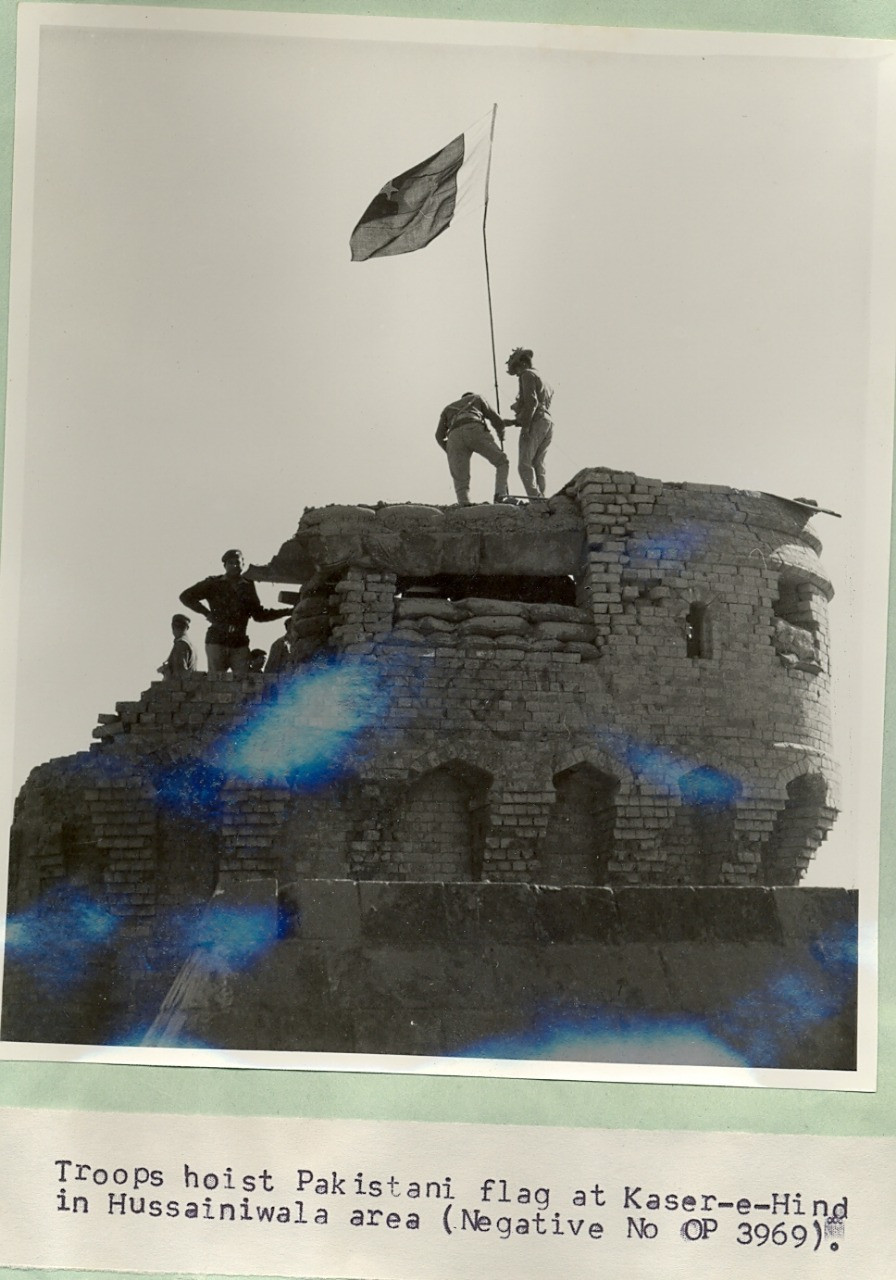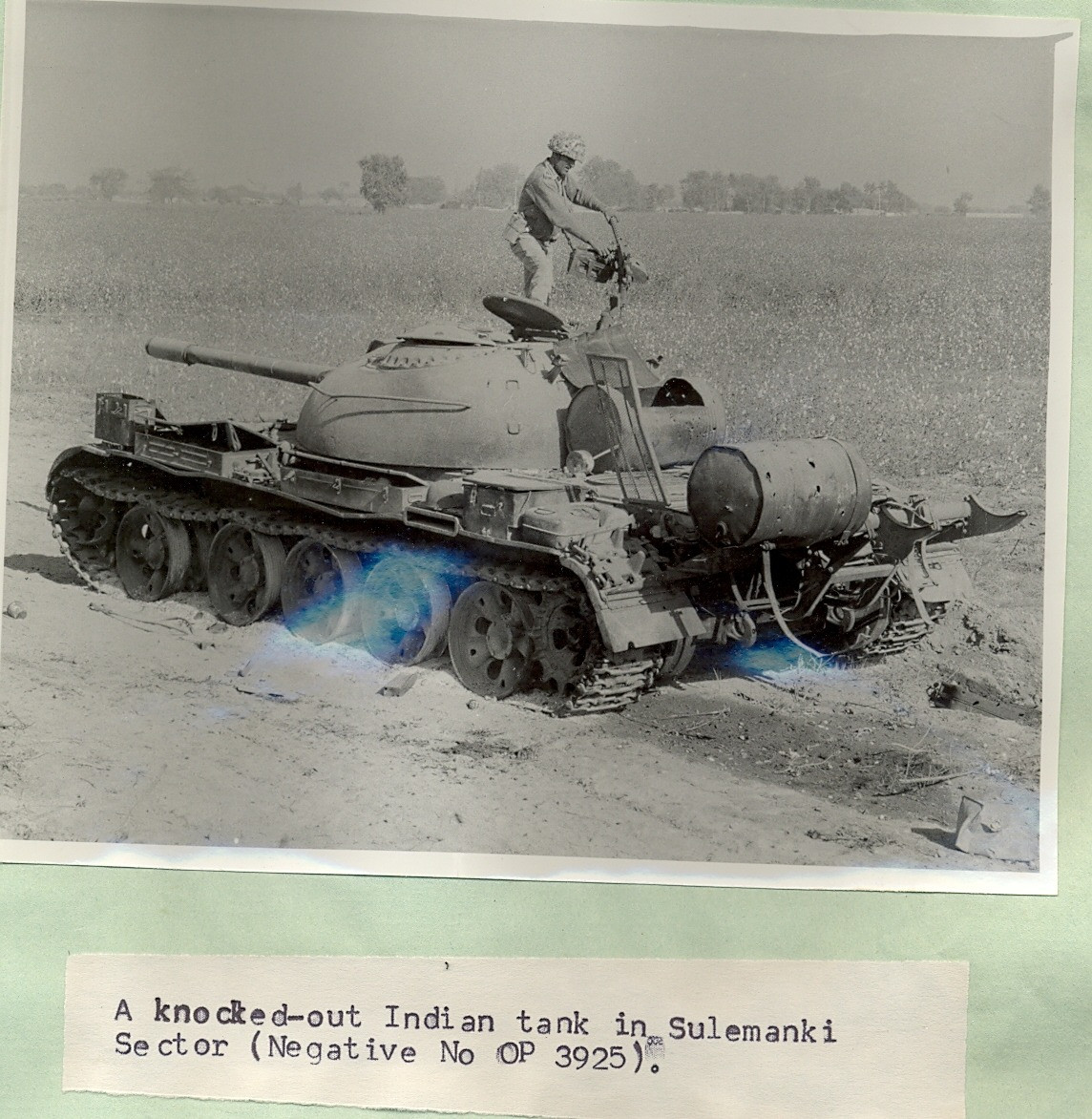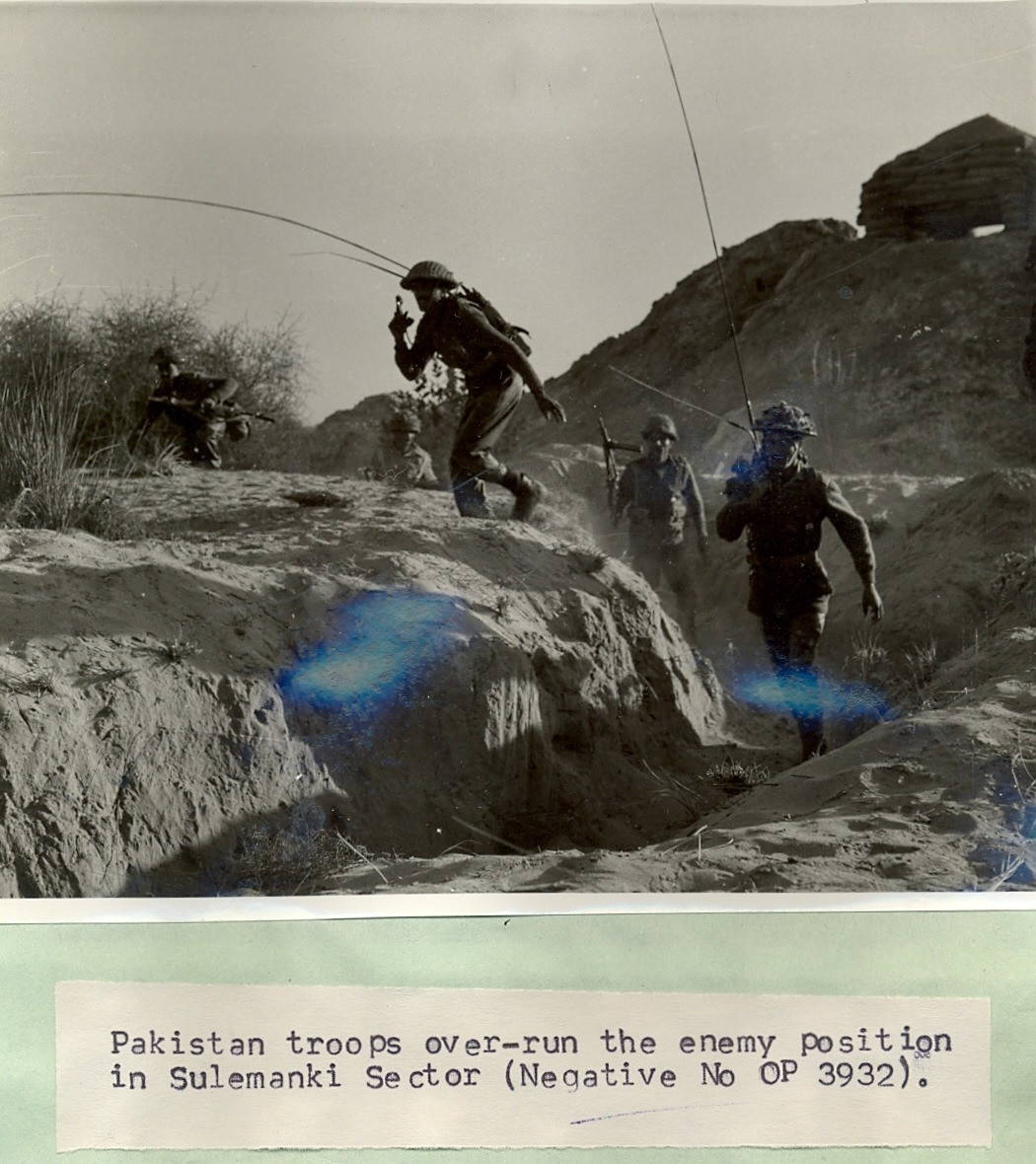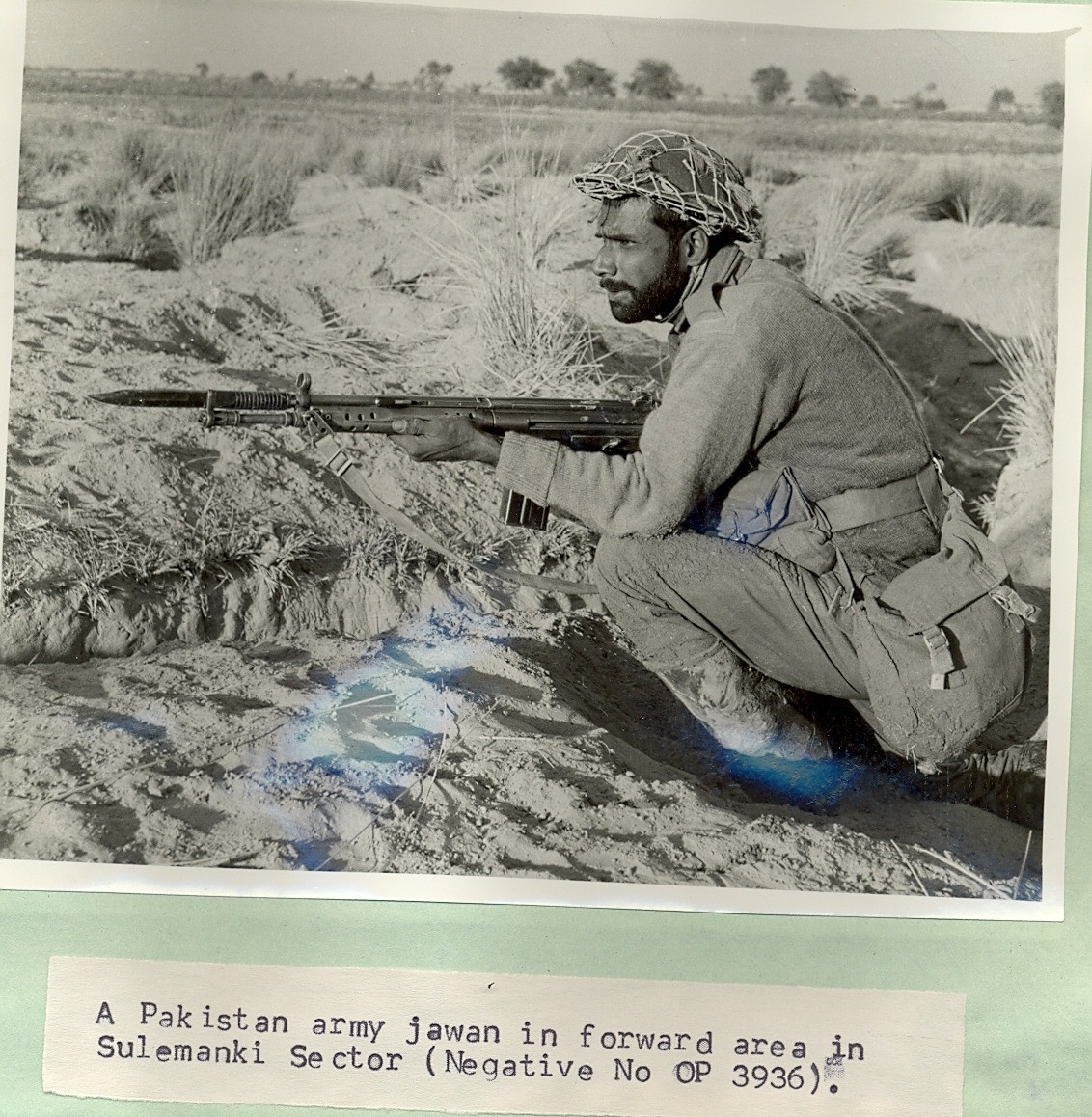Biharis had been hanged in ‘statelessness’ for more than half a century. The unsung Bihari heroes of the 1971 war who are still willing to sacrifice everything for Pakistan witness a flicker of hope that their state of estrangement is going to end soon.
Recently, a ceremony was held at Malir Cantonment, Karachi, to pay tribute to the veterans from the Bihari community and retired officers who fought during the 1971 war.
The ceremony was held to acknowledge and honour the gallant actions and sacrifices of soldiers, particularly those from the Bihari community who were part of the Civil Armed Forces of erstwhile East Pakistan during the 1971 war. Over 250 individuals including veterans and their relatives attended the ceremony and received awards.
According to an official of the military’s media wing, several Biharis, including 21 in Peshawar; 250 in Lahore; 660 in Karachi and Hyderabad and 63 in Rawalpindi, have so far been awarded in various ceremonies. He said that members of the Bihari community would be invited to an event on December 16 to recognise the sacrifices they have made in 1971.
Federal Minister for Information and Broadcasting Chaudhry Fawad Hussain said that Prime Minister Imran Khan was the first to speak about Biharis, adding he would get back after checking what steps the government was considering to take for the Bihari community in the coming days.
In this regard, 67 years-old Dilsher Ali Ansari, a Bihari veteran of the East Pakistan Civil Armed Forces states that “we respect Pakistan as much as we respect a mosque.” Ansari was one of the war prisoners in Bangladesh, a group of people that suffered a fatal blow to its Pakistani identity following the creation of Bangladesh.
Ansari further said that “it is the first time in the past five decades that Pakistani institutions have started recognising us and holding events to honour the sacrifices that we made”
Another veteran Ehtemamuddin Gohar, stated that “We are all old and frail now but if the need arises, we can at least be used as sandbags. Taking a bullet for Pakistan would mean that the purpose of life has been fulfilled”

It is pertinent to note that in 1971, when an insurrection covertly instigated, and overtly aided and abetted by India led to the dismemberment of Pakistan and the creation of Bangladesh. This is when Biharis, an Urdu-speaking community, were butchered in thousands for staying loyal to Pakistan.
According to one estimate, more than 20,000 Biharis were massacred in Khulna jute mills alone – including men, women and children. Some were burnt alive, others guillotined.
Those Biharis who volunteered and joined Pakistan’s armed forces were incarcerated while the rest were crammed into temporary camps so they could later be repatriated to Pakistan. This, unfortunately, never happened. The prisoners of war were later repatriated to Pakistan, though.
“We were not just resisting the advances of a single entity. All of us were simultaneously fighting the forces belonging to Mukti Bahini, the Bengal Regiment and above all, the Indian forces. All three of them at the same time,” said Gohar, pointing towards India’s violation of the international conventions to side with the secessionists against Pakistan through military intervention.
In the days leading to what is sorely remembered as a great tragedy, India targeted Pakistan by exploiting the internal situation in former East Pakistan and played the central role as a conspirator in the separation that finally took place on December 16, 1971.
India’s plans to intervene were made with the consent of Awami League leadership at an infamous meeting known as the Agartala Conspiracy.

During the war, even before the direct military intervention, Mukti Bahini was being provided military, logistic and economic support by India. Moreover, Indian military, including tanks and air power on many occasions, were also used to support Mukti Bahini.
On April 29, 1971, the Indian cabinet ordered General Sam Manekshaw to launch a military operation in East Pakistan. “I want you to enter Pakistan. I do not mind if it’s war,” the then-prime minister, Indira Gandhi, ordered India’s top military commander.
The Mukti Bahini became the military wing of the Indian army with the Indian intelligence agency RAW providing training and arms to Bahini’s rebels. The Indian government trained guerrillas, fanned disruptive activities, and fuelled riots.
According to Lawrence Lifschultz, South Asia correspondent for Far Eastern Economic Review, Mukti Bahini leader, Abdul Kader Siddiqui, “personally bayoneted” non-Bengalis to death and the entire incident was filmed by foreign film crews whom Siddiqui had invited to witness the gory spectacle.
Dislodged from their orbits and stranded in “time” and bereft of recognition and rights any war veteran is entitled to, the presence of Bihari veterans in the country had been almost rendered invisible up until now.
Ansari’s prison companions – Syed Muhammad Essa, 67, Muhammad Alauddin, 69, and Maqbool Muhammad, 73 – sat together to take a painful trip down memory lane.
“After being released from the prisoners’ camp, we were abandoned before being given a three-day stay at the Rangers Headquarters upon our arrival in Pakistan via Wagah Border,” he said.
However, just the thought of being given recognition brings light to their eyes. “Finally, we feel like we have arrived at the destiny, the beacon of safety we had set out for.”
The veterans’ recognition as war heroes, they asserted, for sacrificing their blood and loved ones in a bid to cement the idea of Pakistan in the face of rival belligerents was long-overdue.
The veterans went on to give credit to COAS Gen Bajwa by stating that “General Bajwa has started gathering details about the Bihari community from across Pakistan”
Maqbool acknowledged that recognition was indeed the first step of a long process.
Even if Biharis do not get anything, Essa said, “we are still ready to sacrifice our lives for Pakistan.”
Ansari and his friends admitted that although they have been granted citizenship now, they were never given a pension, adding that their next generation still faces problems while seeking employment. “We were forgotten for decades in West Pakistan, and still being discriminated against as many of us are still deprived of our identity.”
They said that it was time for the government to not just officially recognise them but also give them a pension, medical facilities as well as employees’ old-age benefits along with job quotas for their children.
It won’t be wrong to say that it took the country half a century to initiate the process of recognising the sacrifices made by the Bihari community during the 1971 war and afterwards.

“December always makes us comfortable,” Allaudin lamented as he recounted the harrowing events of December 16 as a prisoner in the 1971 war.
“We were left on our own. For years, our families somehow managed to be content with the thought that we were dead,” he recalled. “Later, we emerged out of as war prisoners when our whereabouts were announced on the radio.”
The teary-eyed men initially found it difficult to begin their stories but soon they were in rhythm; recalling everything from the recruitment process to fighting against the Indian army, Mukti Bahini and Shanti Bahini for the next nine months before the guns fell silent. In between, the Biharis had lost family members, relatives, friends – and above all their identity.
According to the 1951 census, there were 671,000 Biharis in East Pakistan and up to 20 % of them were massacred by the Mukti Bahini. The official Bangladeshi historical narrative has persistently denied or even justified the brutalities committed by Bengali nationalists against non-Bengalis during the bloody, chilly December.
In her book ‘Dead Reckoning: Memories of the 1971 Bangladesh War’, Indian-American journalist and academic Sarmila Bose has questioned the veracity of the allegations of genocide by Pakistani military, citing the presence of mass graves as its “evidence”.
“Claims of the dead in various incidents wildly exceeding anything that can be reasonably supported by evidence on the ground – ‘killing fields’ and ‘mass graves’ were claimed to be everywhere, but none was forensically exhumed and examined in a transparent manner,” Bose writes.
Brig Dapinder Singh, Staff Officer to Gen Manekshaw, in his book ‘Soldiering with Dignity, wrote: “We prepared Mukti Bahini. Some of them were clad in Pakistan Army uniform and tasked to loot and rape in East Pakistan.”
Thousands of Bihari women were raped and tortured by the Mukti Bahini, writes Yasmin Saikia, a distinguished American international history scholar, in her book ‘Women, War and the Making of Bangladesh’.
Even before ‘Operation Searchlight’, thousands of horrifying cases of loot, arson, rapes, and massacres were reported. There are petrifying accounts of whole colonies burnt to ashes with inmates locked inside and burnt alive. The entire violence was targeted at non-Bengalis, particularly Biharis.
Decades have passed by since the tragic fall of Dhaka, but erstwhile East Pakistan still exerts a vestigial pull on the hearts of the Biharis community, which was forced to start an unscripted beginning in the wake of a giant chunk of their country – and identity – now lost.
The Bihari veterans, belonging to Dhaka and Chittagong, still prefer to affectionately call Bangladesh the historical ‘East Pakistan’, somewhat retaining the notional essence of their homeland.

“The inescapable truth that East Pakistan is the place of our birth cannot be forsaken. For others, it may be Bangladesh but for us, it remains to be our East Pakistan.”























